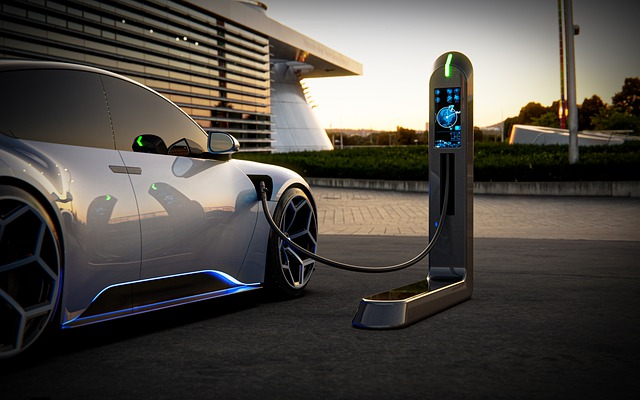The Electric Vehicle Dilemma: A Closer Look at the Future of Transportation

In recent years, the buzz around electric vehicles (EVs) has been impossible to ignore. With soaring fuel prices and the growing concern over climate change, EVs are often hailed as the beacon of sustainable transportation.
But as we navigate through the maze of technological advancements and environmental policies, the question arises: Are electric vehicles truly the panacea for our transportation woes, or are we merely scratching the surface of a more complex issue?
The Environmental Paradox
At first glance, electric vehicles offer a promising solution to the twin challenges of depleting fossil fuel reserves and the looming environmental crisis. The allure of zero tailpipe emissions paints a picture of a cleaner, greener future, where our roads are dominated by silent, efficient machines. However, this utopian vision is muddied by the realities of EV production and the source of their power.
The heart of an electric vehicle lies in its battery, a marvel of modern engineering, yet not without its own environmental footprint. The extraction of critical metals like lithium, nickel, and cobalt, essential for battery production, is a resource-intensive process fraught with ecological ramifications. Regions rich in these minerals, such as the lithium triangle in South America, face the consequences of extensive mining activities, including water scarcity and environmental degradation.
Moreover, the narrative of 'zero emissions' is challenged when considering the entire lifecycle of an EV. The energy consumed in manufacturing an electric vehicle, particularly its battery, contributes significantly to its carbon footprint. When the electricity used to charge these vehicles is sourced from non-renewable power plants, the environmental benefits of EVs become even more nuanced.
The Economic Equation
The transition to electric vehicles is often met with enthusiasm for its potential to reduce our carbon footprint. However, the economic implications of widespread EV adoption are a tapestry of complexity. On one hand, electric vehicles promise lower operating and maintenance costs, attributed to their fewer moving parts and the lower cost of electricity compared to traditional fuels. This aspect is particularly appealing to consumers wary of the volatility of fuel prices.
On the other hand, the initial cost of EVs remains a significant barrier for many. The advanced technology and costly battery packs that power electric vehicles contribute to their higher upfront price. While subsidies and incentives are in place in many regions to offset these costs, the economic viability of EVs is still a topic of debate.
Navigating the Road Ahead
As we stand at the crossroads of an automotive revolution, it is imperative to approach the electric vehicle narrative with a critical lens. The transition to EVs represents a monumental shift in our transportation paradigm, one that requires careful consideration of its environmental, economic, and social impacts.
The journey towards a sustainable future is a collective endeavor, one that necessitates dialogue, innovation, and compromise. As consumers, policymakers, and industry leaders chart the course for the future of transportation, it is crucial to weigh the pros and cons of electric vehicles against the backdrop of our global sustainability goals.
In this era of change, your voice matters. Engage in the conversation, share your thoughts on electric vehicles, and explore alternative solutions that might pave the way for a truly sustainable future.
Join on InLeo Discord Channel here

Posted Using InLeo Alpha
Electric cars are the future. Fossil fuel will eventually run out and this option is excellent because it is planet friendly. Let's hope that in the future we can get solar energy much more optimized and affordable for everyone.
Electric is becoming more and more popular all over the world, but our government has not thought anything about it, nor have electric stations been installed here, so people here still drive petrol vehicles.
https://not.surgery/, https://famousfrauds.com/